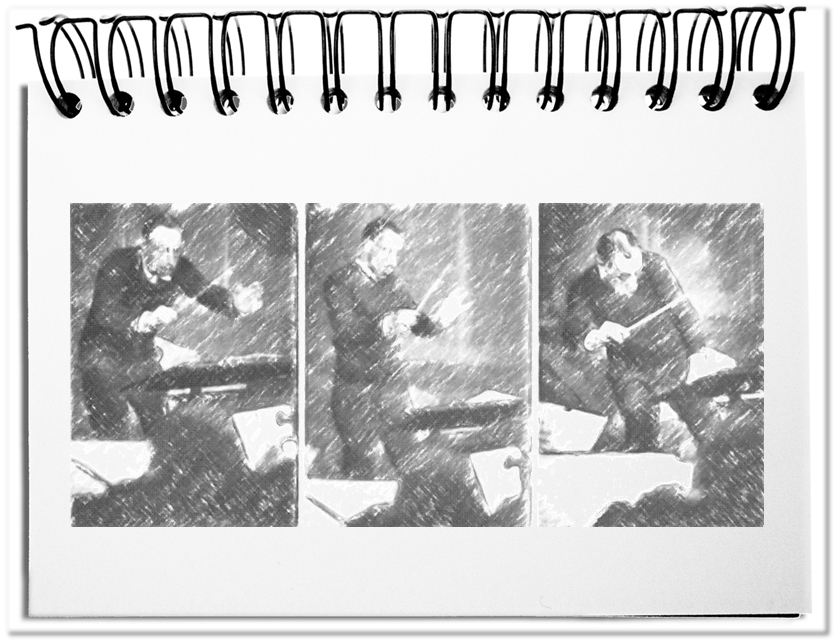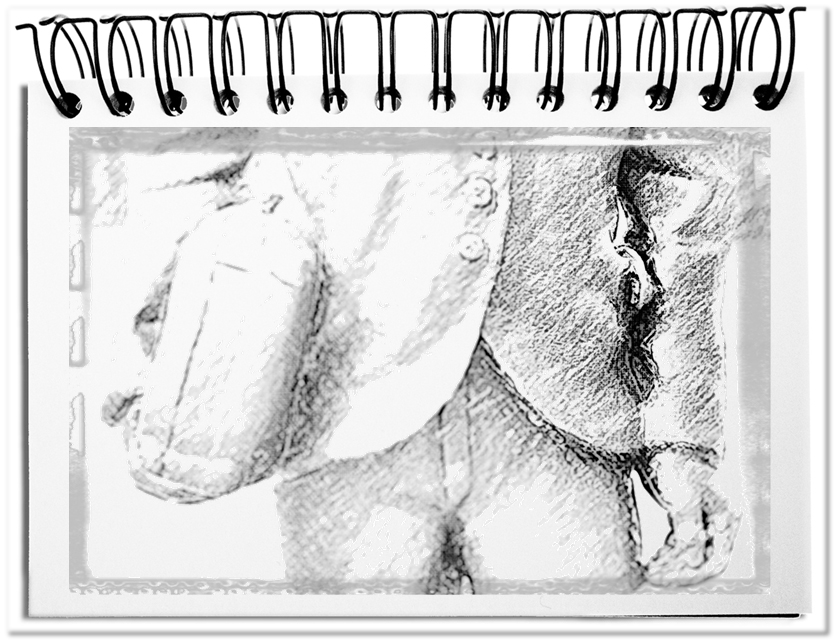The Berlin Philharmonics consist of more than one hundred twenty musicians, who are led by Sir Simon Rattle. This is an enormous manager-to-staff span compared to business managers. Even if you divide the symphony orchestra in 16 instrument groups with the respective concertmasters, still the conductor has to lead each and every musician directly within the rehearsals and concerts. At the latest, when we think about Igor Stravinsky, we will recognize that the conductor makes more, than setting the beat.
Executives should also not only be limited to the beat. The following aspects have an important role in leadership, independently of the leadership style that one exerts.
- Self management
The largest task before you lead others is to steer yourself. A natural bias makes the neutral look at the own mental states and actions difficult. Only considering the own roles and the associated aspects, like convictions, abilities and actions, enable you to demand and promote the employees. - Conception
The idea that leadership is a task independent of contents does not fit any longer into current times. The leader has to take care of the development of new approaches. The efficacy of the employees is determined by the basic conditions, like consistent goals and the clear description of the tasks. For this purpose it is critical that the executives have a content-related mental map of their field. - Coordination
Leadership that reduces itself to practicing a given power does not fit any longer into today’s business reality. The actual control of organizations takes place through a positive harmonization of the interests of the involved people. Besides the applied mechanisms (e.g. agreements, result orientation, Linking pin) a structured change management and a lean control system (Governance) determine success or failure of the initiatives. Coordination works best at eye level. - Communication
The dissemination and the mutual exchange of information within the nervous system of the organization are the basis for a viable and flexible business. This is where you can experience the real communication culture – the speed and preciseness of the information flow. Knowledge that is power, does not exist any more in an open information society, since the employees can get more information, than bosses could ever stockpile for their personal advantage. - Cooperation
The biggest effect leaders achieve with the design of the internal and cross-functional cooperation. It becomes especially crucial, when the dedication of many people is needed, in order to achieve a joint target. Workshops are the framework for developing integrated strategies and business models as well as improving the culture of the enterprise. Without an appropriate infrastructure (e.g. meeting corners, beamers, whiteboards, on-line forums, video conferences) the breeding area for the work is missing.
The additional aspects of leadership, like the performance review, the employee interview, and the job description also have to be fulfilled. The classical HR instruments set the beat. However, effective leadership needs more (see above).
Bottom line: The current dynamics and the fast pace require more than the application of the classical controls. The appropriate self-awareness, paired with a level of conceptual imagination, the employment of the right coordination mechanisms and a reasonable openness in communications create the perfect place for business. It is crucial that the conductor does not only set the beat.


